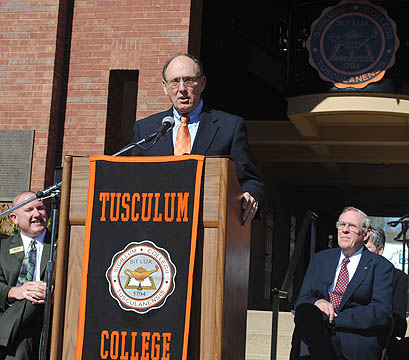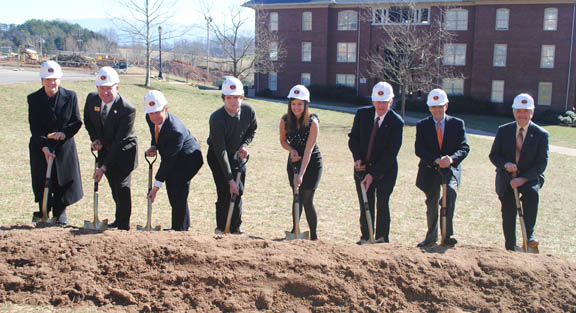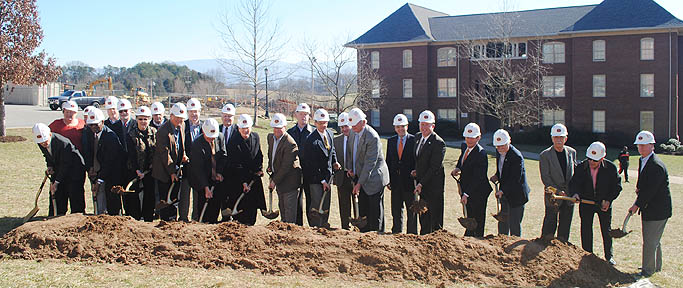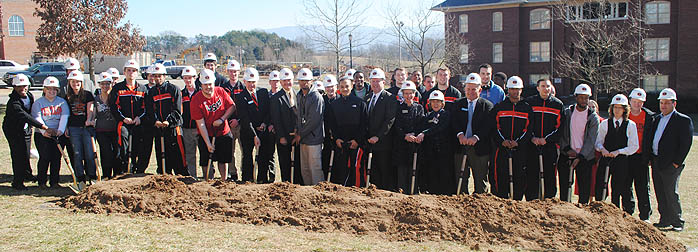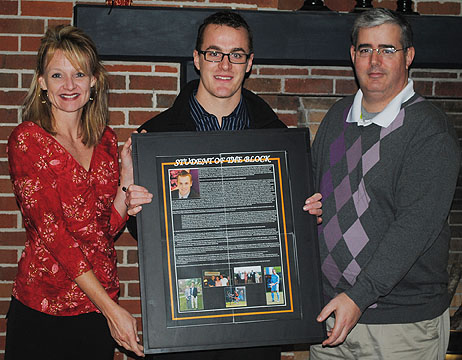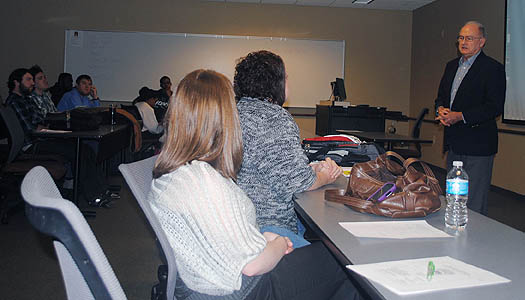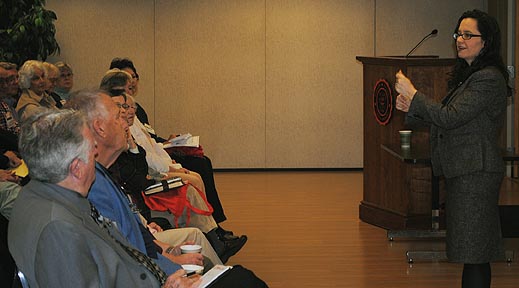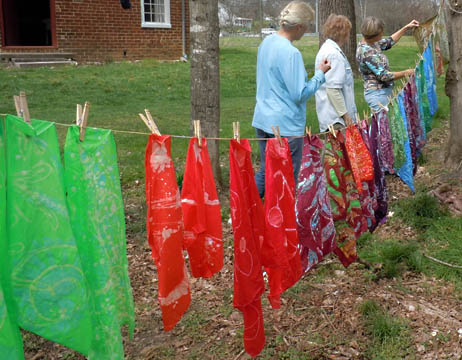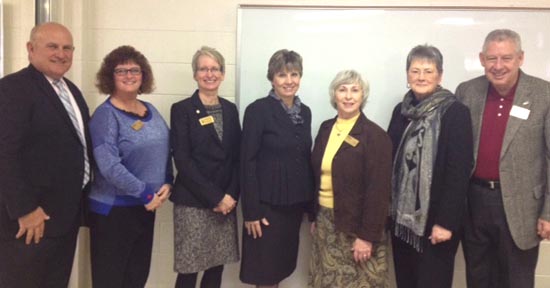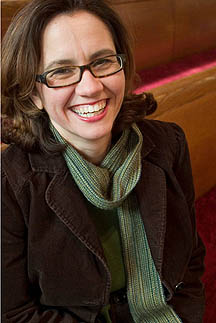The Tusculum College band program’s winter concert on Tuesday, Feb. 26, will feature a musical celebration of the joy and wonder of childhood as well as a tribute to the victims of the Newtown, Conn., shooting.
The concert, which is free and open to the public, will begin at 7 p.m. in the auditorium of the Annie Hogan Byrd Fine Arts Building. Performing will be the Concert Band, Handbell Choir and Jazz Band.
David Price, director of the Band Program, has chosen selections for the concert that relate to the happiness that children bring as well as some pieces that are tributes to the youngsters and teachers who lost their lives in the Newtown, Conn., shooting.
The Concert Band will be performing “Stardance,” “Hallelujah” “Children of the Shrine,” “Bridges” and “Dances of Innocence.”
The Handbell Choir will be performing Pachelbel’s “Canon of Joy” and “Hymn of Promise.”
The Jazz Band will perform “Fantasy,” “Pick Up the Pieces,” “Children of Sanchez” and “Birdland.”
The band program began in 2010 with the formation of a pep band and has grown to include a Marching Band, Concert Band, Jazz Band, Handbell Choir and various small ensembles.
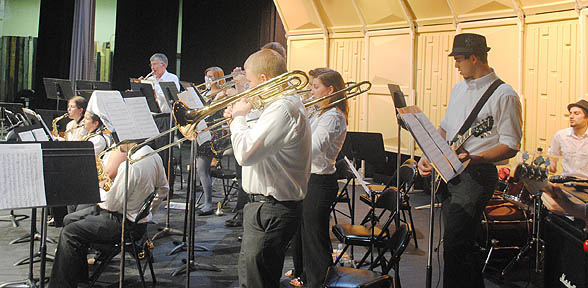
Featured in the upcoming winter concert of the Tusculum College band program will be the Concert Band, Jazz Band, above, and Handbell Choir. The concert will begin at 7 p.m. on Tuesday, Feb. 26, in the auditorium of the Annie Hogan Fine Arts Building.



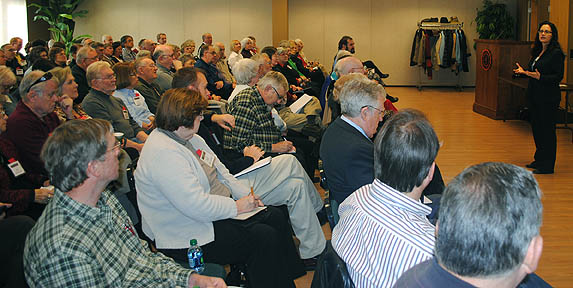
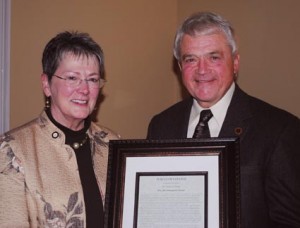
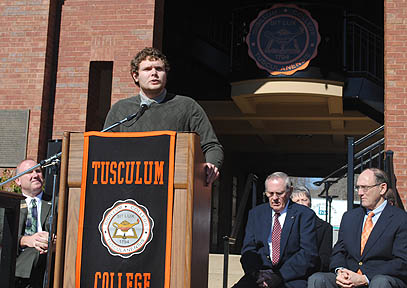
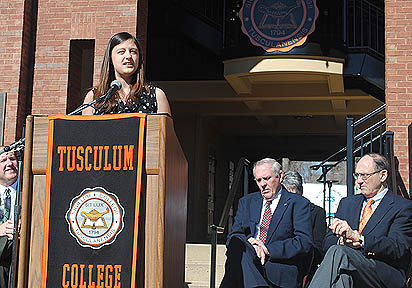 The project will include two new apartment-style residence halls located on the Gilland Street side of campus near the four existing apartment-style residence halls.
The project will include two new apartment-style residence halls located on the Gilland Street side of campus near the four existing apartment-style residence halls.